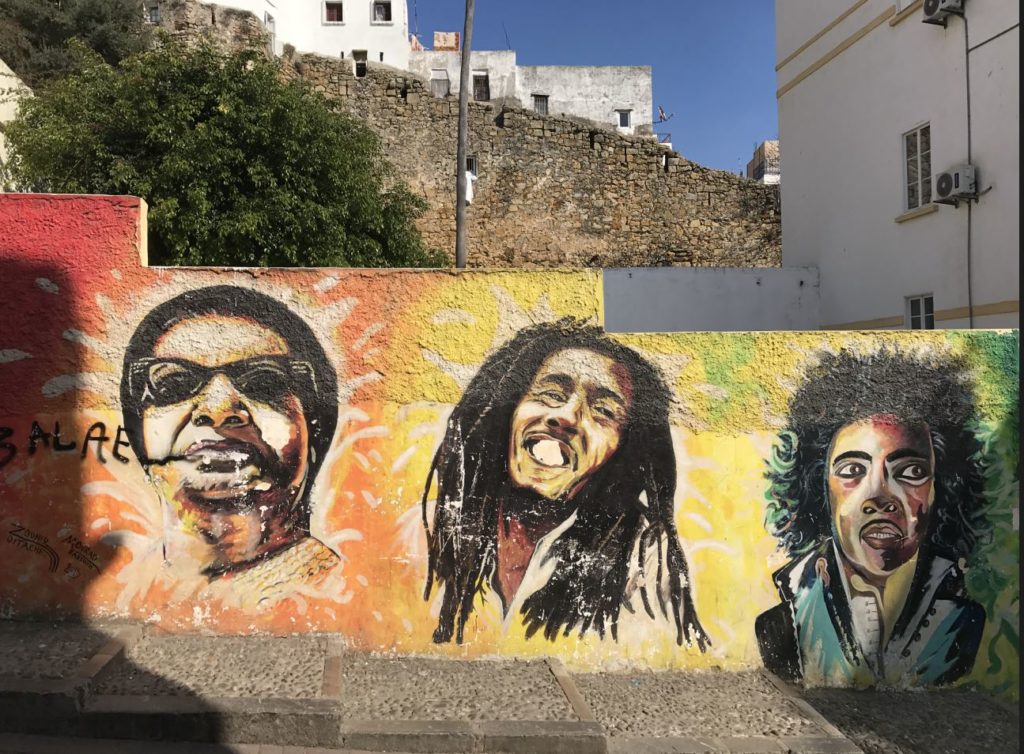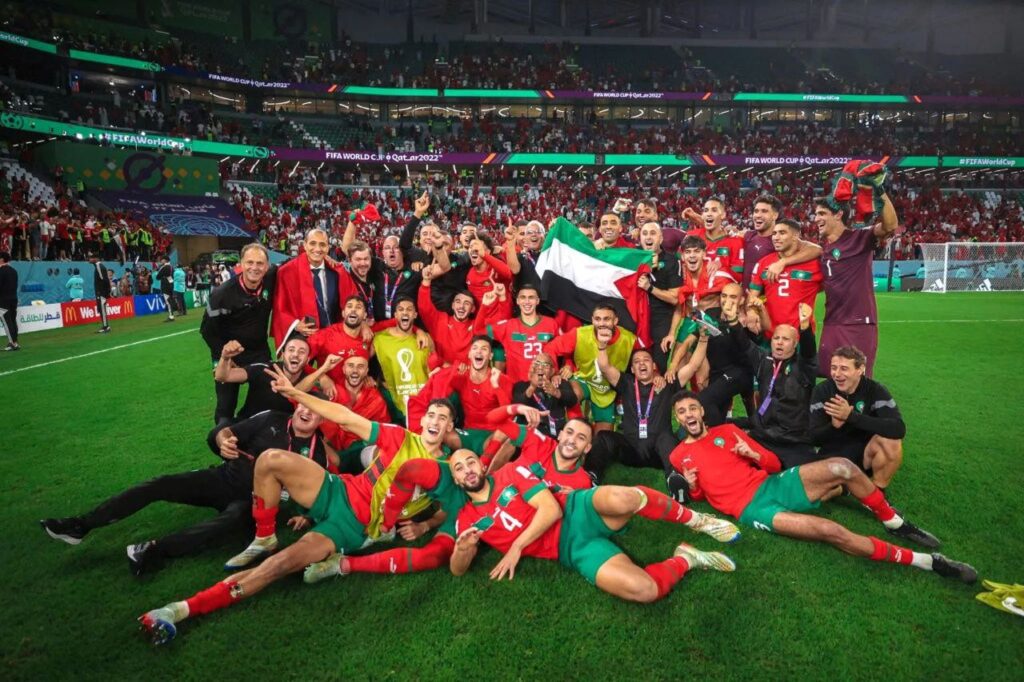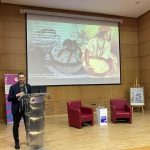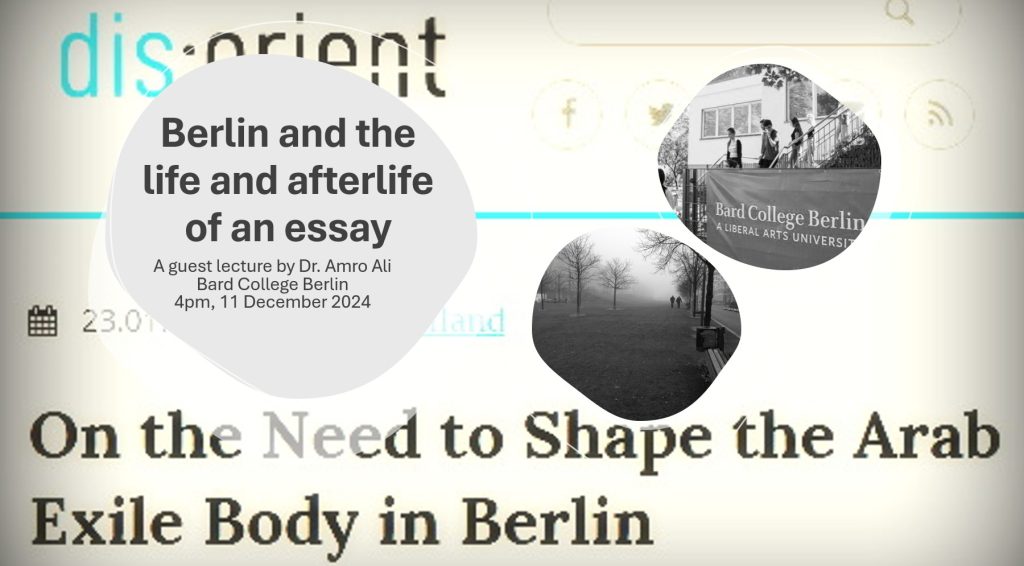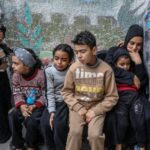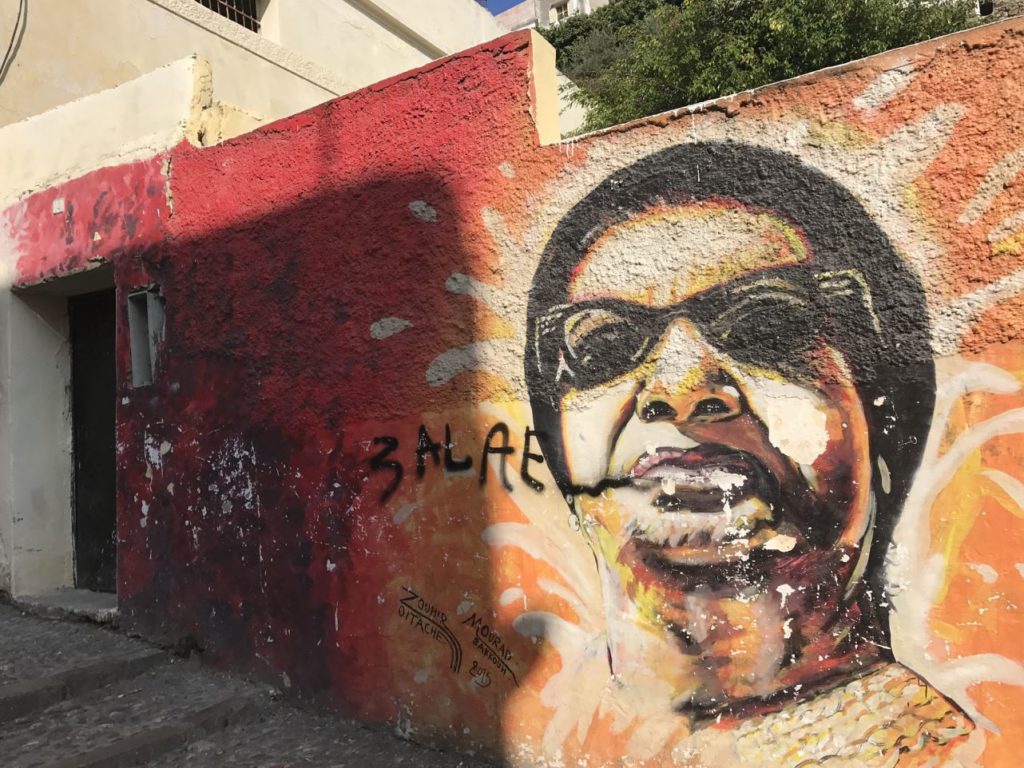
Republished in openDemocracy
I cracked a self-deprecating joke to a friend in Cairo upon my return from Morocco, “I think Moroccans have a highly favourable view of Egyptians because many have never actually met one.” I did not encounter a single Egyptian through my travels through Morocco. What it often means is that you might be the first Egyptian a Moroccan ever meets. A matter not unfamiliar with my colleagues who have experienced this. This was surprising given the intimate history between Egypt and Morocco. Therefore, the idea of Egypt in the Moroccan worldview was not usually based on tangible encounters as much as it was based on popular arts and religious discourse.
The Egyptian dynamic accentuated the already quintessential Moroccan hospitality. I was overwhelmed with the warmth and openness. From the heartfelt greetings to the insistence of staying over peoples homes, to the complementary desserts and soft drinks at restaurants. Egypt’s soft power at the geopolitical level may lay in tatters, but at least it has enough spark to result in receiving free caramel tiramisu and Miranda lime.
Facetiousness aside, I thought the recent Economist article on the decline of Egyptian Arabic (read: Egyptian culture) over the Arab world failed to capture the complexities of how influence works. The article certainly makes valid points, particularly with the decline of the linguistic monopoly Egypt once held, but answers cannot be sought from the Dubai International Film Festival and Arab Idol. To neglect, for example, how Egypt functions in the lower socioeconomic strata and religious discourse in areas of the Arab world would be to distort the image.
While I am not claiming to have done a comprehensive methodological study (although I would hope to do so in the near future), I have sought to diversify the spaces I engaged with to see how Egypt themes and references operate in Rabat, Marrakesh, Fez, Chefchaoun, and Tangier. I focussed on lower-socioeconomic neighbourhoods, upscale cafes, but the heaviest focus was given to mosques and coffeehouses, simply because it was the expected and common space of discussions. I preferred the free-flowing conversations and story-telling format, in which I extracted themes and meaning from the pattern of discussions. Unfortunately, I did not spend enough time in Casablanca to gauge substantial perceptions (which I feel is a weakness in my notes given it is the largest city). While I did some questioning, it is not wide enough and deep enough to merit writing it. In light of the above factors, this piece should be looked upon as an essay with meaningful indicators.
Egypt appeared to hold the strongest sway among the poor, middle class poor, and the religious streams of Morocco. This was reflective in the appeal to the popular arts, literature, or religious texts. Statements such as “Egypt is our dear brother”, “Egypt and Morocco are like this” (with hands clasped strongly together) or masculine-fuelled lines such as “Egypt has real men” were commonly heard. There is even a cross-sectional friendly inside joke among Moroccans to the timeless Egyptian claim Masr Um al-dunya (“Egypt is the mother of the world”)¸ they respond weh Maghrib abuha (“and Morocco is [Egypt’s] father”). It was partly funny because everyone telling me thought I was always hearing it for the first time.
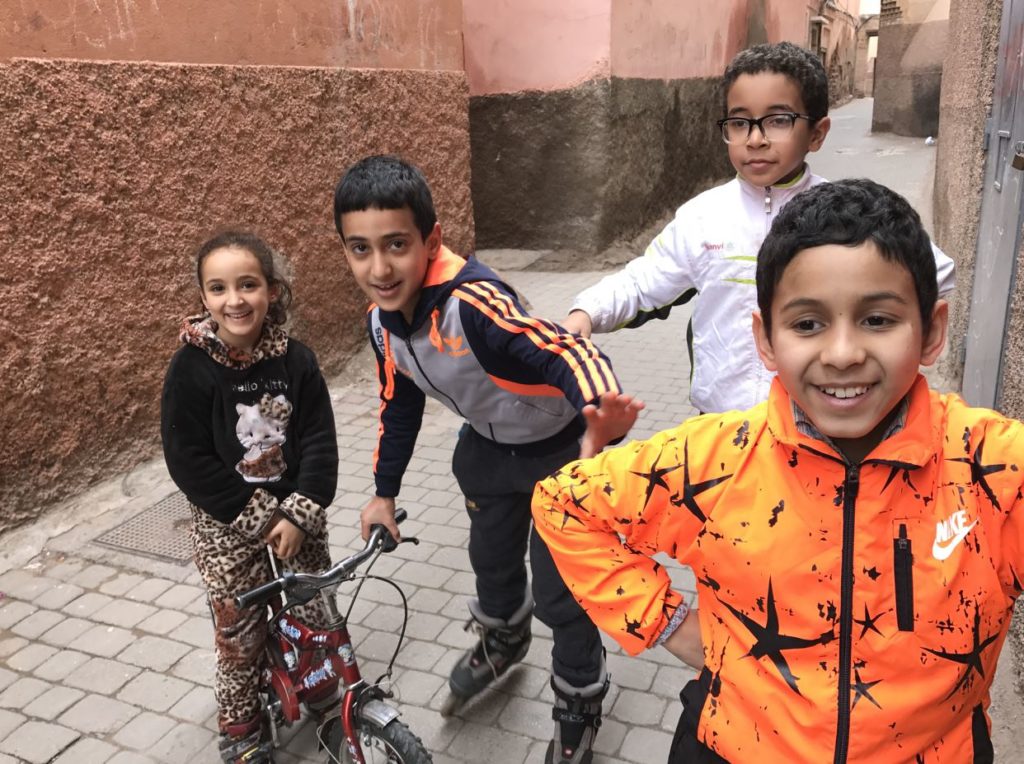
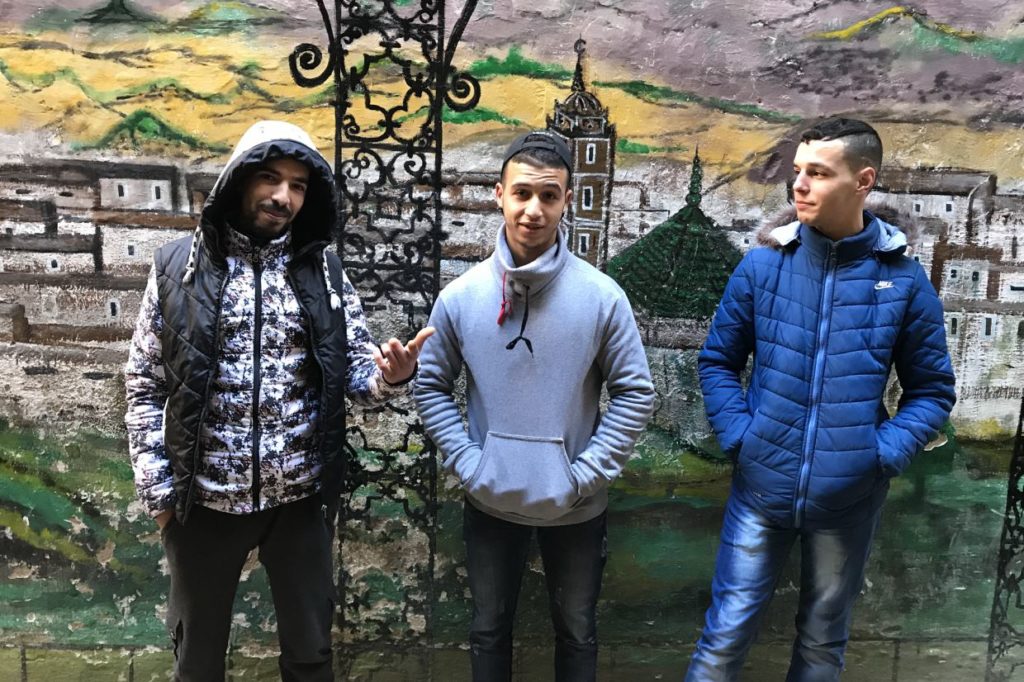
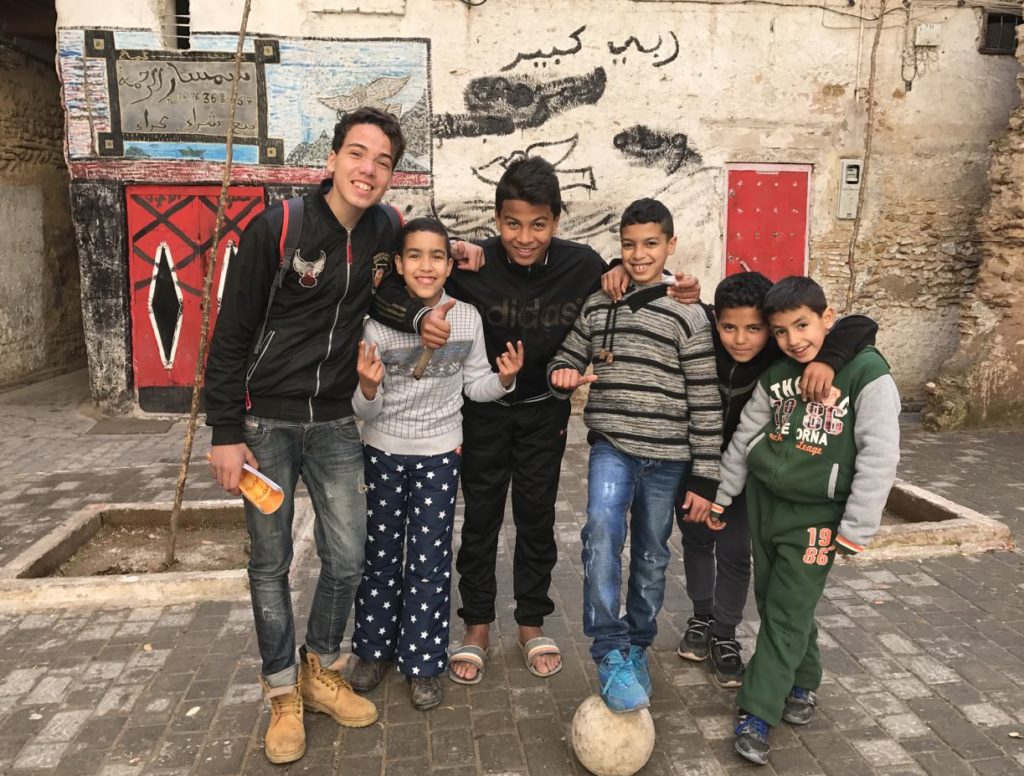
The favourable view of Egypt begins to fragment as you move up the socio-economic ladder. Residents of Tangier who portrayed themselves as socially mobile, liberal, globalised and tinged with a Euro-centric view, could at times express a ridiculing view of Egypt (the above “inside” joke now takes on a different meaning) as a backwater of poverty and extreme conservatism.
However, this alternates among these same social groups who might identify with a clear religious, Arabist or leftist bent, or have a liberal arts background. Accordingly, there was a sort of sympathetic heartbreak expressed at “what has become of Egypt,” with Cairo’s declining regional influence, harmfully erratic position on Palestine, the diminishing quality of films and a media circus gone crazy.
Om Kalthoum songs could be heard in shaabi (common, working class) restaurants and AbdelHalim Hafez in the souks. What surprised me was to hear the mahraganat music played by Chefchaoun’s disenchanted youth from their mobile phones. Adel Imam was still it seems the most popular actor, Ramez Galal was disdained not just for the mindless pranks he played in Morocco in Ramadan but may have come to symbolise the disheartening state of Egyptian entertainment. Egyptian authors, from Naguib Mahfouz to Youssef Ziedan, featured prominently in bookstores and were read by the Moroccan reading public that I encountered.
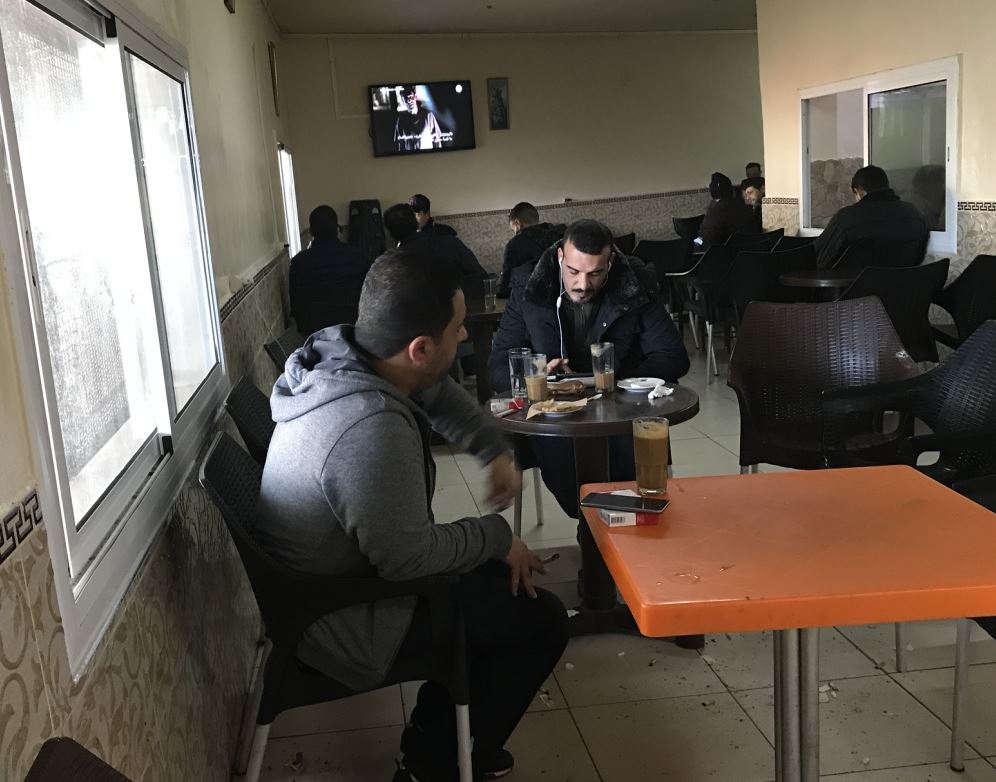
On the political front, not a single Moroccan had a positive view of Egyptian president Sisi when his name was mentioned. However, it was not unusual for imams and worshippers at mosques to tell me the religious precept “do not rebel against the ruler,” alluding repetitively that Egyptians would have lived “better” if they did not overthrow Mubarak.
Gamal Abdel Nasser was surprisingly only mentioned twice (mainly in a neutral way). A few references were made to his era. While Morocco had a marginal role in the pan-Arabist wave of the 1950s and 1960s, it was interesting to see (or not) its lingering effect.
University students and recent alumni developed a shared narrative with Egypt as a result of the 2011 Egyptian revolution and the Arab uprisings, but this identification has become more ambivalent over the chaotic years (This area I did not pursue in any worthwhile depth but there are studies that have explored the question of Moroccan identity after 2011).
When it comes to religion, Egypt performs the strongest. With even children in the kasbahs mentioning Abdul Basit Abdus Samad (a prominent Quran reciter, 1927-1988) in the same breath as the pyramids. Al-Azhar was, predictably, mentioned frequently.
Pharaoh Ramses II was the most commonly referenced figure in regards to Egypt. The pharaoh of the Quran and Old Testament projects an unusual hold over the imagination. While in urban Egypt, the use of ‘Pharaoh’ in the popular discourse can often serve no more than a superficial labeling of every dictator who shows up on the scene; he was treated by Moroccans, however, as a sort of existential question on evil and oppression.

In mosques, the imams and congregants alike frequently invoked the following Quranic verses to not only frame Egypt, but, at times, to position their conversations with me.
“And We revealed to Moses and his brother, saying: Take for your people houses to abide in Egypt and make your houses places of worship and keep up prayer and give good news to the believers.” Jonah 10:87
“And the Egyptian who bought him said to his wife: Give him an honorable abode, maybe he will be useful to us, or we may adopt him as a son. And thus did We establish Yusuf in the land and that We might teach him the interpretation of sayings, and Allah is the master of His affair, but most people do not know.” Jonah 12.21
“Then when they came in to Yusuf, he took his parents to lodge with him and said: Enter safe into Egypt, if Allah please.” Yusuf 12.99
And Pharaoh proclaimed among his people, saying: “O my people! Does not the dominion of Egypt belong to me, (witness) these streams flowing underneath my (palace)? What! see ye not then?” Zukh’ruf (The Gold Adornment) 43:51
Apocryphal accounts arose when you tapped into Moroccan folklore. While Abdullah, a farmer in Chefchaouen, narrated some sound and verifiable stories such as “..A big part of our community migrated to the city of Alexandria over the centuries.” It was the tales that I found quite interesting: “[Pharaoh] Ramses came here and gave Morocco its name. Yet he preferred to die in Egypt.”
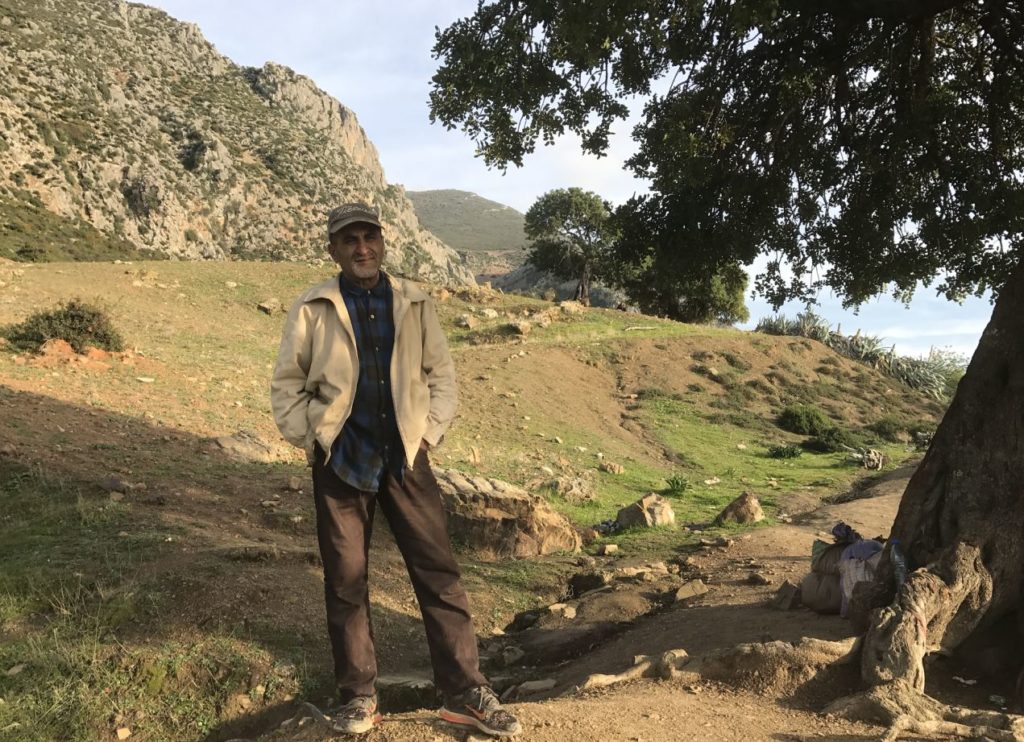
The hadiths on Egypt and other matters were also quoted, but it was the below hadith by Islam’s prophet that struck me because of how I understood its function in Egyptian discussions.
Abu Zar reported that Allah’s Messenger (Sallallahu Alaihi wa Sallam) said: “You will conquer Egypt, a land where Qirat (a measure of weight and area) is used. When you conquer that land, you have to treat its people kindly since they have a right of kinship upon you.” [Reported by Imam Muslim Ahmad]
I developed a different relationship to these hadiths in Egypt (here I mean mainly Cairo and Alexandria). When they were quoted, it was difficult to tell how much of it was clothed in nationalist sentiments. The absence of humility, at times, of narrating it did not help. But my concern grew at how it can be used to disarm activism and accept the status quo, as if the divine simply takes care of Egypt, the Prophet blesses it, and thus human action need not apply to better a situation, for eternity.
However, voiced by Moroccans who are not entangled with Egypt’s endless political problems gave it a somewhat impartial sincerity. For example, Imam Ahmed, a warm and humble man at a small mosque in the mountains of Chefchaoun, repeatedly used the word Qirat to drill into me the gravitational importance of Egypt, at least how he understood it.
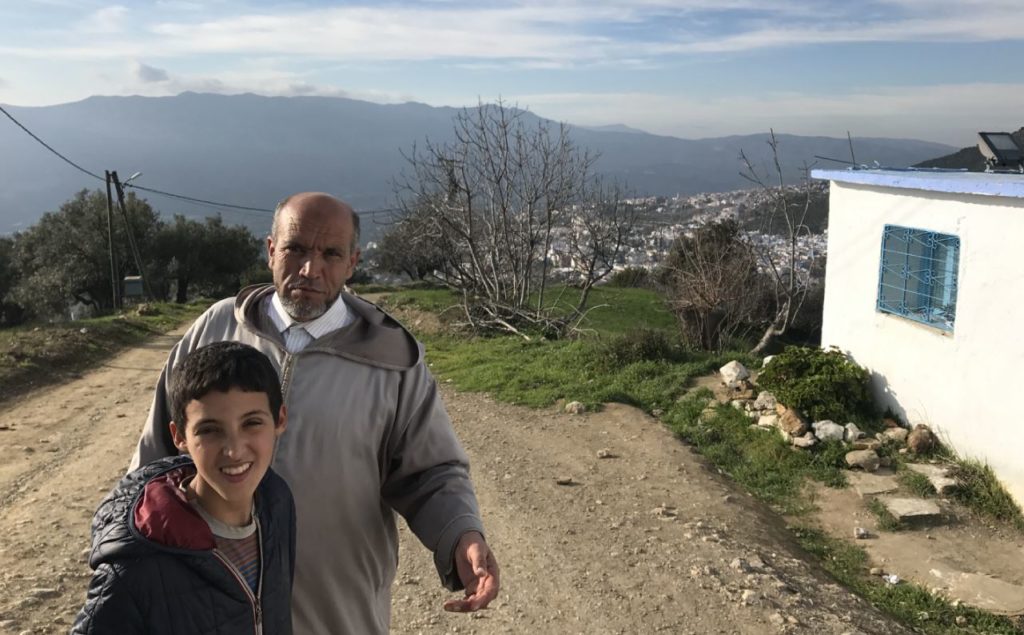

The religious and mosque-attending Moroccans correlated strongly with a positive view of Egypt. In fact, I did not find a single exception to this rule. While the Amazigh people (mainly in Fez and Chefchaoun) emphasised the Islamic relations with Egypt at the expense of the Arab dimension, they did not necessarily shy away from the latter (it’s complex to explain, but I will be reductionist and say that it came down to the perceived problem being with Moroccan Arabism than the Egyptian version).
Transnational groups like Islamists and Sufis had visiting relations with their counterparts in Egypt. These relations were formed either on the Hajj (pilgrimage) to Mecca, visits to key mosques or educational spaces popular with Sufis. For Islamists, it was not unusual for friendships to have been formed in France where they once worked (but returned to be in a “Muslim country”). Their lived experience of Egypt seems to be fundamentally shaped by these close relations.
Final Thoughts
Some 700 years ago, the Moroccan explorer Ibn Battuta narrated his encounter with Cairo. What is fascinating is that today’s Moroccan descriptions of Egypt can easily paraphrase his account.
“I arrived at length in Cairo, mother of cities and seat of Pharaoh the tyrant, mistress of broad regions and fruitful lands, boundless in multitude of buildings, peerless in beauty and splendour, the meeting-place of comer and goer, the halting place of feeble and mighty, whose throngs surge as the waves of the sea, and can scarce be contained in her for all her size and capacity.” (1326 CE)
One should also take into consideration how the Moroccan imaginary of the Arab and Muslim world developed over the centuries:
“For many centuries, the pilgrimage caravan was the most important, if not the only means of travel to the Holy Lands. On their way, Moroccan pilgrims were forced to cross the majority of Arab Muslim lands. This fact alone gives the Moroccan travels a complexity that is reflected in the texts and colours the perception of sacred space and time.”
Abderrahmane El Moudden, “The Ambivalence of rihla: community integration and self-definition in Moroccan travel accounts, 1300-1800” in Eickelman, Dale F (eds.) Muslim Travellers: Pilgrimage, Migration, and the Religious Imagination Comparative Studies On Muslim Societies (1990) p 73.
Modern Morocco is a vast social reservoir that needs to be explored further in juxtaposition with Egypt. The other side of Egyptian influence is that Morocco shaped Egypt over the centuries, among them: dynasties, architecture, religion and philosophy. I do not see why we cannot better examine some of their concepts and approaches to help address questions that trouble us in Egypt’s urban, social and religious settings. That is for another essay.
Finally, the street art of Oum Kalthoum shown at the start can put matters in perspective when you see it as part of a larger mural in Tangier. Instead of simply the decline of Egyptian influence, it can perhaps be said the stage just got more crowded.
